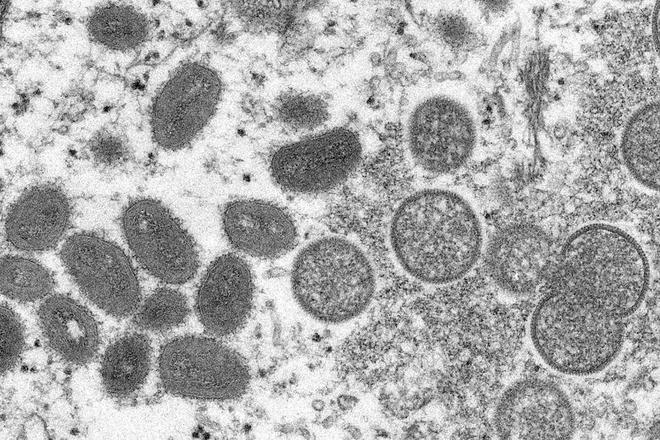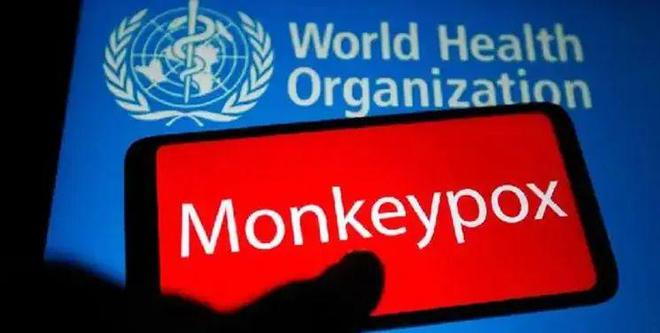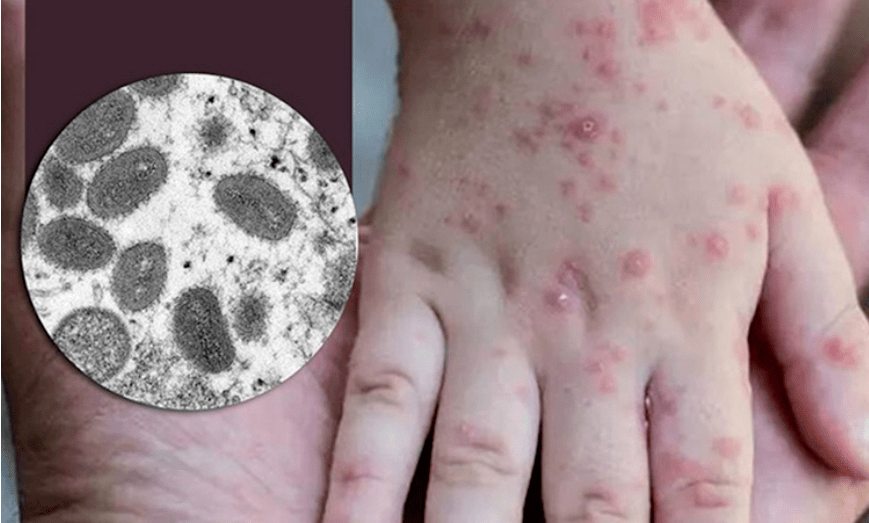The monkeypox epidemic is getting worse. Tedros Adhanom Ghebreyesus, Director-General of the World Health Organization (WHO), declared the monkeypox outbreak a Public Health Emergency of International Concern (PHEIC) on Tuesday (local time). This is the organization's highest level of alert for a global public health emergency, meaning it is currently at this level for both the coronavirus and monkeypox outbreaks.
Phoebe: What does it mean to be PHEIC?
The definition of a Public Health Emergency of International Concern (PHEIC) comes from the International Health Regulations established in 2005. Who defines PHEIC as an "extraordinary event" that "poses a public health risk to other countries through the international spread of disease" and "may require a coordinated international response." Factors that affect whether an event constitutes PHEIC include: the number of cases of infection, the number of deaths, infectivity, the effectiveness of treatment, the density of the affected area, the rate of progression of the disease, whether the disease has crossed national borders, and whether international travel and trade restrictions are required.
Since the implementation of the IHR, WHO has declared a total of six PHEics, namely the H1N1 influenza in 2009, two Ebola outbreaks in 2014 and 2019, the polio outbreak in 2014, the Zika virus outbreak in 2016, and the Novel Coronavirus outbreak in 2020. Among them, the polio and COVID-19 outbreaks are PHEIC, which have not yet ended.
Status of monkeypox epidemic transmission
Monkeypox is a viral zoonosis caused by monkeypox virus, which is endemic mainly in West and Central Africa. 1970 The first human case of monkeypox was found in the Democratic Republic of Congo. Since then, most cases have been reported globally in African countries such as DRC, Brazzaville, Central African Republic, Nigeria and Cameroon.
Monkeypox virus can be transmitted from animals to humans through close contact. Although human-to-human transmission is not easy, it can also be contracted by close contact with an infected person. The initial symptoms of monkeypox infection in humans include fever, headache, muscle soreness, back pain and swollen lymph nodes, which can progress to a widespread rash on the face and body. Most people who get infected recover within a few weeks, but others suffer severe illness and even death.
Monkeypox is a relatively mild cousin of the now-eradicated smallpox virus, CNN noted. Human cases of monkeypox were first confirmed and reported in Africa in the 1970s, and for a long time thereafter it was considered endemic to parts of West and Central Africa.
This year, however, monkeypox outbreaks have spread across Europe, the Americas, and Asia, and several countries have reported cases with no history of travel to areas where monkeypox is endemic. Globally, more than 16,000 cases of monkeypox have been reported in more than 75 countries and territories so far in 2022, with a 77% increase in the number of confirmed infections from late June to early July, according to WHO statistics.
More than 80% of the world's confirmed monkeypox infections in 2022 were in Europe, according to the European Centre for Disease Prevention and Control (ECDC). Stella Kyriakides, the European Union's health commissioner, said in an interview that she was concerned about the growing number of monkeypox cases in Europe, where the number of confirmed cases has risen by 50% in a week. The European Center for Disease Control and Prevention is working with WHO to strengthen surveillance and tracking of monkeypox cases in Europe.
Separately, the Centers for Disease Control and Prevention (CDC) also released data last week showing that 44 states, Washington, D.C., and Puerto Rico have now reported more than 2,800 probable or confirmed cases of monkeypox.
In addition, there have been five deaths worldwide, all in Africa.
The prevention and control advice
Who provides specific outbreak prevention and control recommendations to support countries in their response to monkeypox outbreaks, including enhanced surveillance, isolation of cases, identification and monitoring of contacts, strengthening laboratory and testing capacity, clinical management and infection prevention and control measures in health care and community Settings, and robust access to diagnosis and treatment.



